Haunt Cuisine: 8 Safety Tips for Trick-or-Treaters with Allergies
Get the world’s most fascinating discoveries delivered straight to your inbox.
You are now subscribed
Your newsletter sign-up was successful
Want to add more newsletters?

Delivered Daily
Daily Newsletter
Sign up for the latest discoveries, groundbreaking research and fascinating breakthroughs that impact you and the wider world direct to your inbox.

Once a week
Life's Little Mysteries
Feed your curiosity with an exclusive mystery every week, solved with science and delivered direct to your inbox before it's seen anywhere else.

Once a week
How It Works
Sign up to our free science & technology newsletter for your weekly fix of fascinating articles, quick quizzes, amazing images, and more

Delivered daily
Space.com Newsletter
Breaking space news, the latest updates on rocket launches, skywatching events and more!

Once a month
Watch This Space
Sign up to our monthly entertainment newsletter to keep up with all our coverage of the latest sci-fi and space movies, tv shows, games and books.

Once a week
Night Sky This Week
Discover this week's must-see night sky events, moon phases, and stunning astrophotos. Sign up for our skywatching newsletter and explore the universe with us!
Join the club
Get full access to premium articles, exclusive features and a growing list of member rewards.
Intro
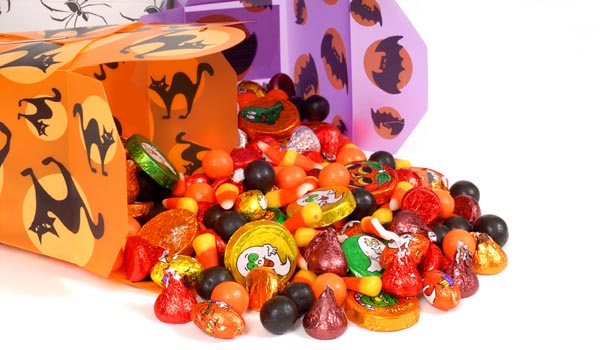
Costumes and candy make Halloween fun, but for kids with food and other allergies, they can pose hidden dangers.
Here are some tips from the American Academy of Allergy Asthma and Immunology (AAAAI) and the American College of Allergy, Asthma and Immunology (ACAAI) to keep children with allergies safe this Halloween.
Slide 2
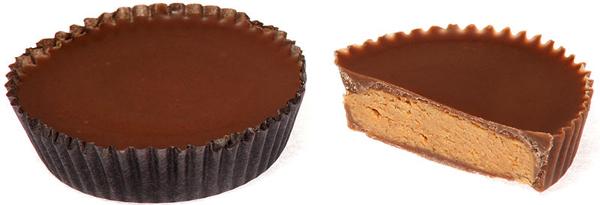
Check all candy ingredients on packages or the company's website to ensure there's nothing that would cause a reaction if your child has food allergies.
Slide 3

Remember that "fun-size" candy bars can have different ingredients than the full-size version, so don't assume the fun size is safe for kids with allergies just because the full size is.
Slide 4
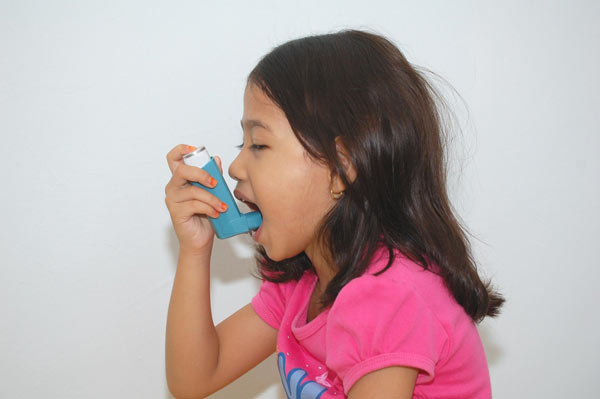
Make sure to bring emergency medications, such as inhalers or injectable epinephrine, along with the candy bag when trick-or-treating. Children should also wear medical alert identification bracelets or chains that state their allergic condition.
Slide 5

Feed the kids before they go out trick-or-treating, so they are less tempted to sneak a bite of potentially problematic candy. When you get home, trade the collected candy for allergen-free candy you've purchased. Or have kids with allergies swap their problematic candy with friends who don't have allergies.
Slide 6
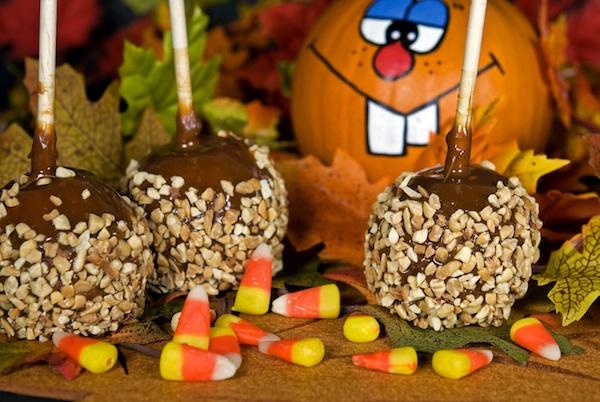
Teach your children to refuse offers of homemade treats, because you can't be sure of what's in them.
Get the world’s most fascinating discoveries delivered straight to your inbox.
Slide 7

Throw a Halloween party instead of going out. This way you can control the food options, and offer fun activities such as a haunted house or pumpkin carving.
Slide 8
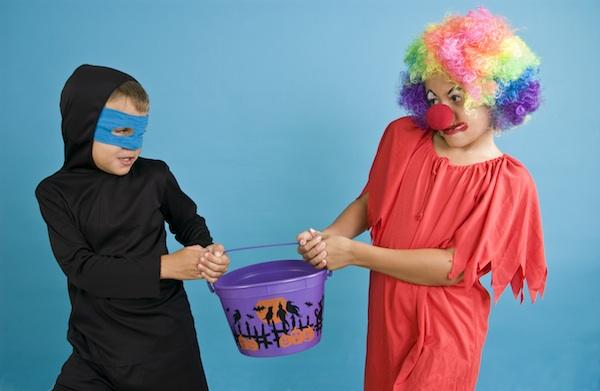
Costume masks can interfere with breathing, so children with asthma should wear a half mask that leaves their nose and mouth uncovered, or no mask at all.
Slide 9
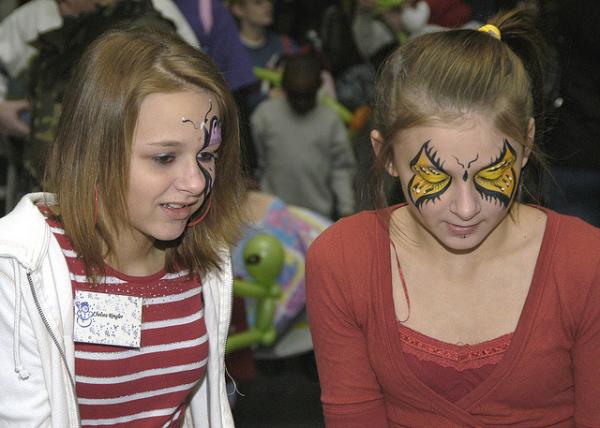
Be sure to read labels of masks and costumes, which may contain latex and other common allergens. Makeup, hair dyes and decorations can also include irritants that trigger asthma, or cause an itchy allergic reaction. If your child is eczema-prone , use hypoallergenic makeup or steer clear of makeup altogether.
 Live Science Plus
Live Science Plus











